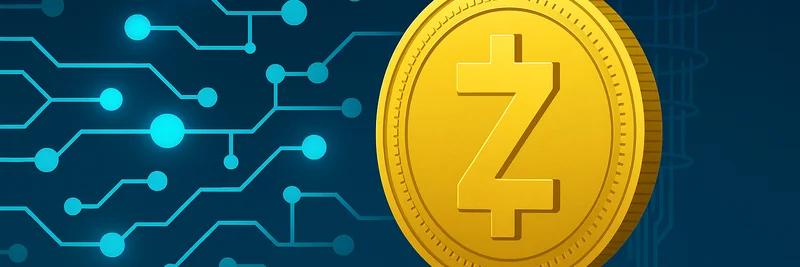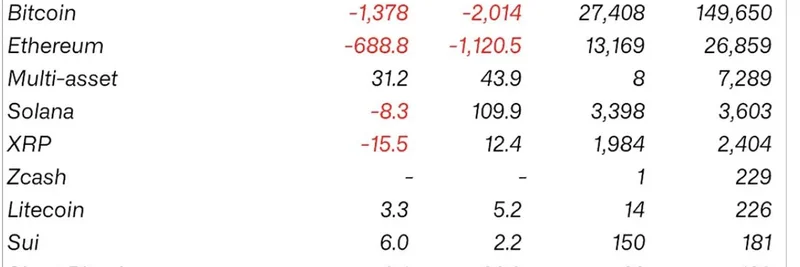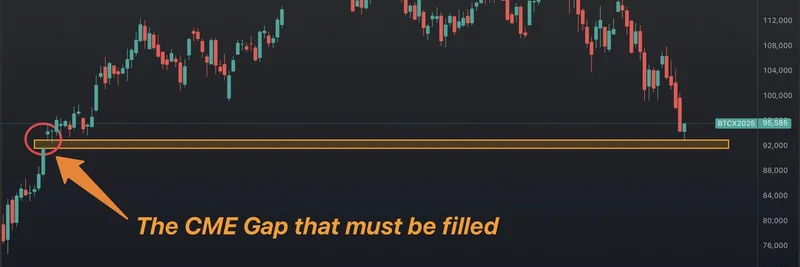In the fast-paced world of cryptocurrency, privacy and security are always hot topics. Recently, Mike Belshe, CEO of BitGo, stirred up some excitement with a tweet highlighting Zcash's quantum-resistant capabilities. If you're into meme tokens or just keeping up with blockchain tech, this could have bigger implications than you think. Let's break it down.
Belshe tweeted: "While everyone is talking about ZCash's privacy, here's the next big thing: Zcash is basically quantum resistant today (only in shielded mode)." Quantum resistance might sound like sci-fi, but it's crucial. Quantum computers, which are advancing rapidly, could potentially crack the encryption that secures most blockchains today, like Bitcoin or Ethereum. Algorithms like Shor's could break elliptic curve cryptography, putting public keys at risk.
Zcash, a privacy-focused cryptocurrency, uses something called zk-SNARKs (zero-knowledge succinct non-interactive arguments of knowledge) in its shielded transactions. These allow users to prove transactions without revealing details. According to Belshe and supporters, this setup makes Zcash resistant to quantum attacks in terms of privacy, at least in shielded mode. Shielded mode hides transaction amounts, senders, and receivers, and it's designed so that even a quantum computer might not uncover your data unless it already knows specific details.
The tweet sparked a lively discussion. Arjun Khemani chimed in with a detailed explanation, noting that Zcash's shielded transactions achieve near-complete post-quantum privacy. He mentioned the upcoming Tachyon upgrade, which eliminates certain vulnerabilities like "harvest-now, decrypt-later" attacks. Electric Coin Co., the team behind Zcash, is also working on quantum recoverability to migrate funds safely if needed.
However, not everyone agrees. Some replies pointed out limitations. Alex Pruden noted that the proof system is EC-based, which isn't fully quantum secure, potentially allowing forged transactions. Others, like a Monero advocate, argued that Zcash isn't truly quantum-resistant and shared a comparison table showing Monero's edge in resisting Grover's algorithm, a quantum search method that could speed up brute-force attacks.
In the table, most coins including Zcash are vulnerable to Shor's algorithm but resistant to Grover's—except Monero, which shows resistance there too. This highlights the ongoing debate between privacy coins like Zcash and Monero.
For meme token enthusiasts, why does this matter? Meme coins often thrive on hype and community, but as they grow, privacy and security become key. Many meme tokens run on chains like Solana or Ethereum, which aren't inherently private or quantum-resistant. If quantum threats materialize, traders could face risks to their wallets or transaction histories. Zcash's tech could inspire similar features in meme ecosystems, perhaps through layer-2 solutions or integrations that enhance privacy without sacrificing fun.
Moreover, with increasing regulatory scrutiny, privacy tools like those in Zcash could help meme coin users protect their activities. Imagine a world where your Dogecoin or Pepe trades are shielded from prying eyes, even against future quantum hacks.
While Zcash isn't a meme token itself, its innovations push the envelope for the entire crypto space. As Belshe suggests, it's not just about privacy today—it's about staying ahead of tomorrow's threats. If you're building or investing in meme projects, keeping an eye on these developments could give you an edge.
What do you think? Is Zcash the unsung hero of quantum-resistant crypto, or is the hype overblown? Drop your thoughts in the comments below. For more on meme tokens and blockchain tech, stay tuned to Meme Insider.



